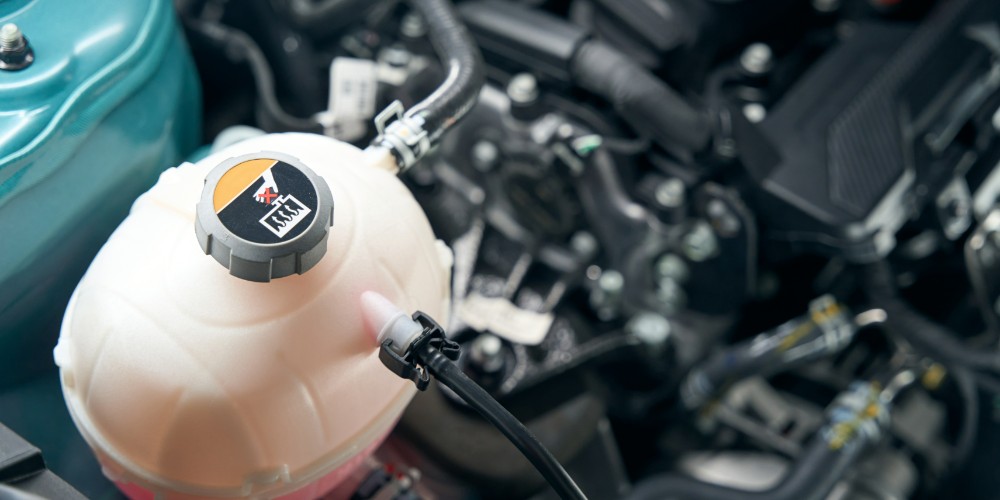Once you’ve put aside an emergency fund to protect you against any unforeseen expenses, an ISA is a great way to put money aside and maximise its potential, whether you’re saving for a home deposit, a new car or your children’s future. With this in mind, here are the best ISAs on the market at the moment to consider in 2023.
What is a cash ISA?
A cash ISA is a savings account you don’t pay tax on, and everyone in the UK aged 16 or over can take advantage of an ISA allowance for the tax year of £20,000. There are different types of ISA, from easy access accounts to fixed rate if you’re planning on keeping the cash locked away for a set period of time, and others with their own set of pros and cons.
Easy access cash ISAs
If you want or need to be able to access the money you put away at short notice, or you have something specific you’re saving up for in the near future, then an easy access cash ISA is the best option. Virgin Money currently has one of the best easy access cash ISAs on the market, with a top rate of 3% and a £0 minimum opening amount, while Nationwide offers a rate of 2.5% and their accounts can be opened with just £1.
Cynergy Bank also offers a great rate at the moment, of 2.65%, but it’s not a flexible ISA which means that any money you take out and redeposit will still count towards your ISA allowance. If you want a flexible account, the Principality Building Society offers an ISA with a rate of 2.5% and allows transfers, which can be opened for £1.
Fixed rate cash ISAs
A fixed rate ISA is designed to lock your money away for a designated period and in return, you get the offer rate on the amount. Cash ISA providers must allow you to access your money whenever you want, but some providers might request that you close the account or transfer out in order to access the cash – in either case, accessing the money from a fixed rate ISA may take longer than with an easy access ISA, hence the name. Most providers will also levy penalties if you withdraw cash from the account before the period is up, which can be anything from 60 to 365 days’ worth of interest on your funds.
If you know you don’t need the money straight away, Barclays currently offers the best one-year fixed rate ISA with a rate of 4% and a minimum of £1 to open an account. These accounts have to be opened in brand, however, unless you’re already a Barclays customer. If you’re looking for an online account, UBL UK pays 3.81% with a minimum opening amount of £2,000, and Virgin Money offers 4.11% for their two-year fixed rate ISA with a minimum opening amount of £1.
The leading three and five-year rates are only lightly higher than the top two-year rate currently, so you may as well fix your rate for less time and reassess where to move your money when the time comes. The longer you fix, the less flexible you’re able to be if interest rates continue to rise.
Is saving into a cash ISA worth it?
Since the Personal Savings Allowance was brought into effect in 2016, many people don’t pay tax on interest earned from their savings, and so it can seem pointless to open a separate cash ISA. But since the Bank of England is raising the base rate of interest, savers can see a significant improvement on their returns which could actually push them over the Personal Savings Allowance limit.
So, an ISA can be beneficial if you have a significant sum of money you want to save, you’re likely to exceed the threshold for the Personal Savings Allowance or you don’t qualify, or you’re looking to make the most of the higher interest rates and competitive deals available at the moment.
Is saving into a cash ISA safe?
Cash ISA funds deposited with a UK provider that has been authorised and regulated by the Financial Conduct Authority (FCA) will be protected by the Financial Services Compensation Scheme (FSCS). This means that your money is protected up to a limit of £85,000 per person, or £170,000 for joint accounts per authorised firm. If you have more than this amount in savings, it can be worth spreading the money between different banking groups to maximise your protection further.





